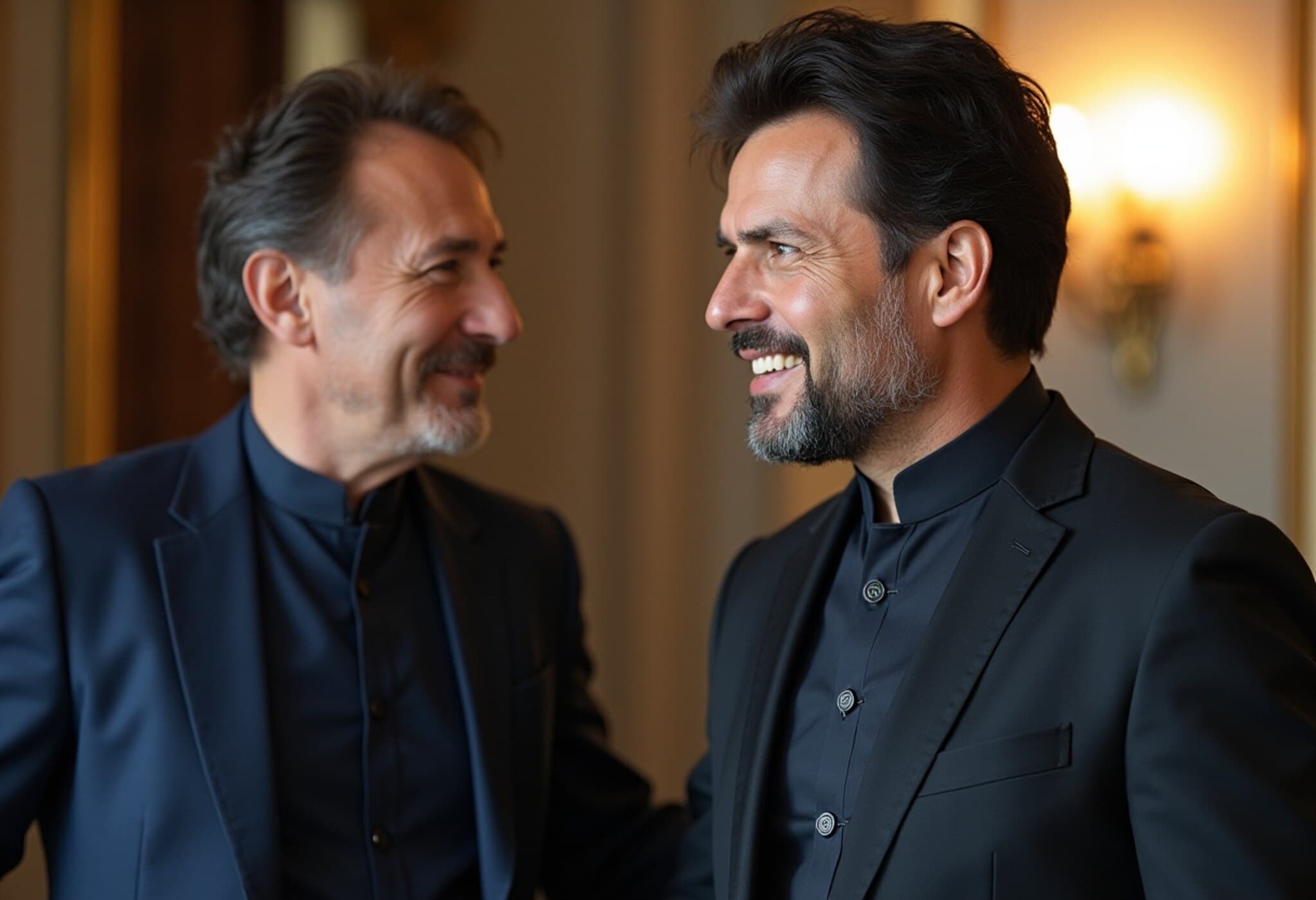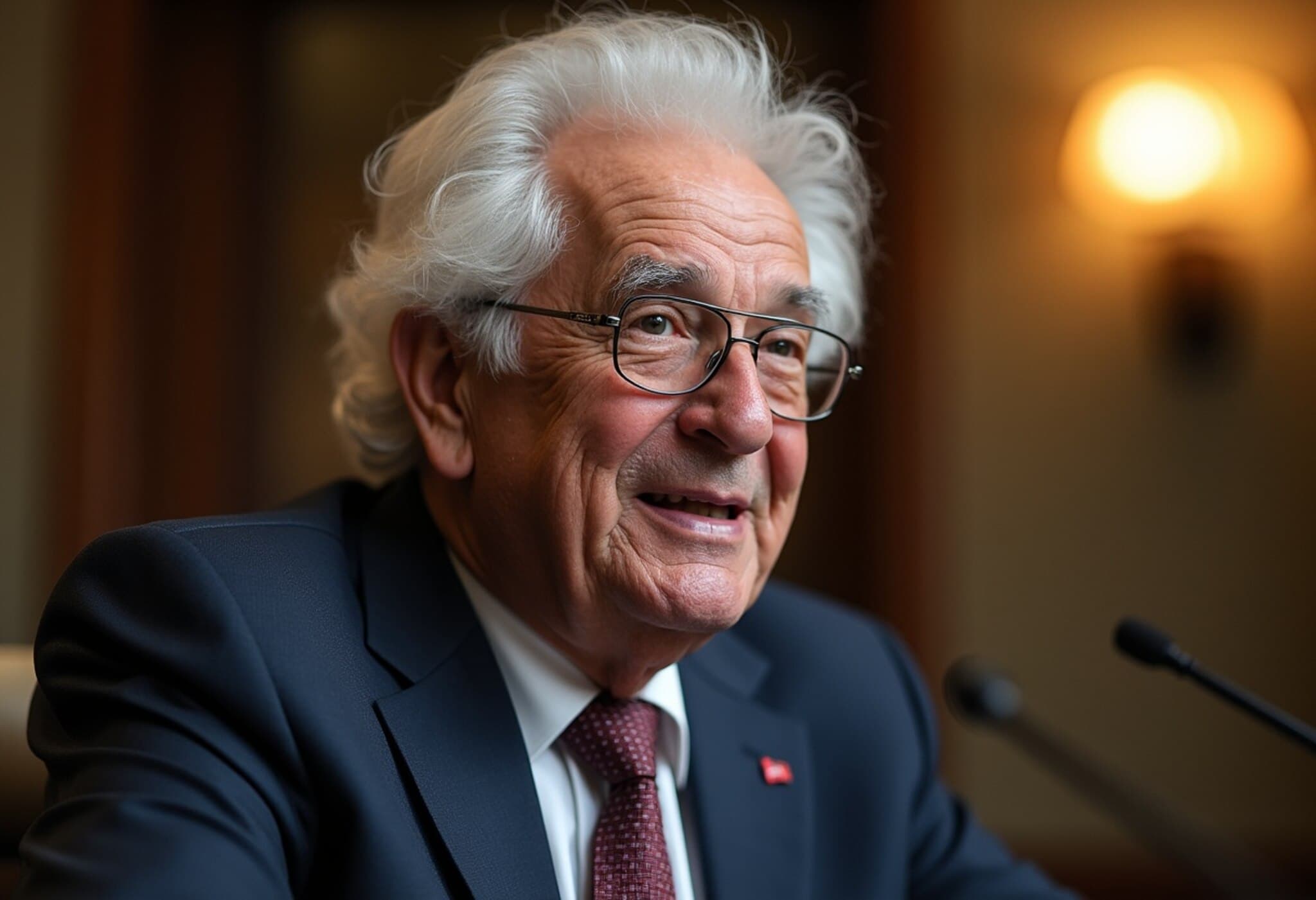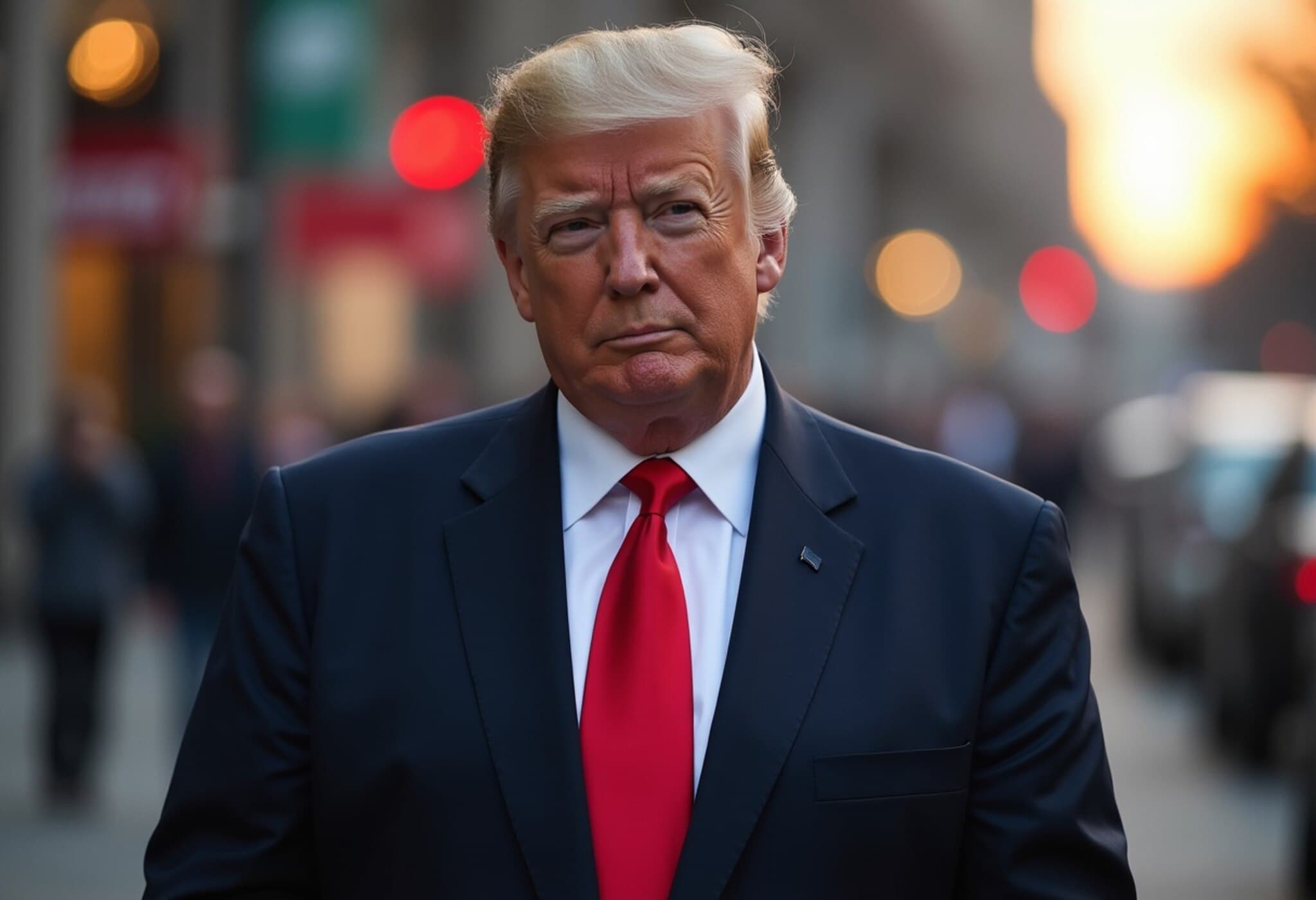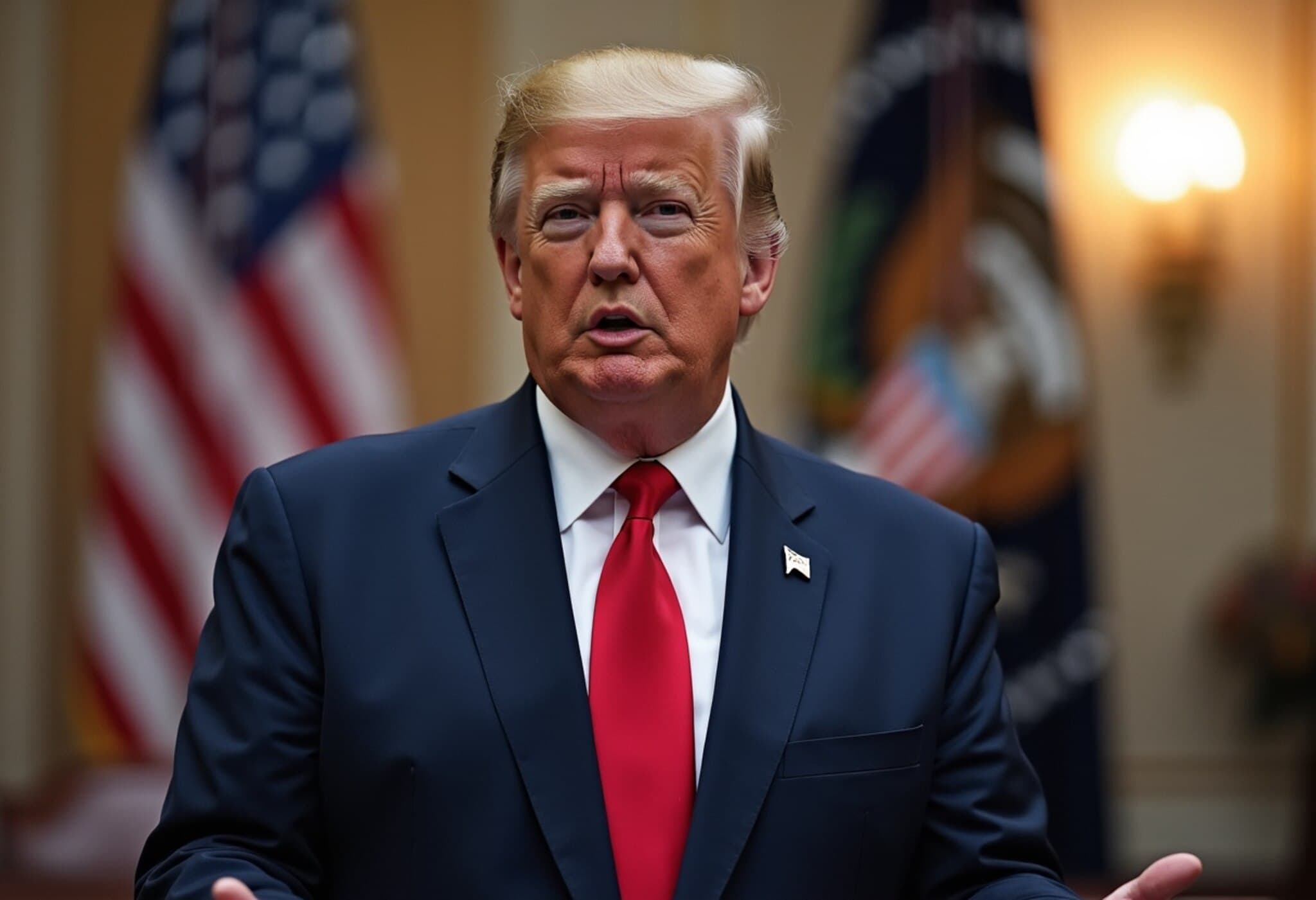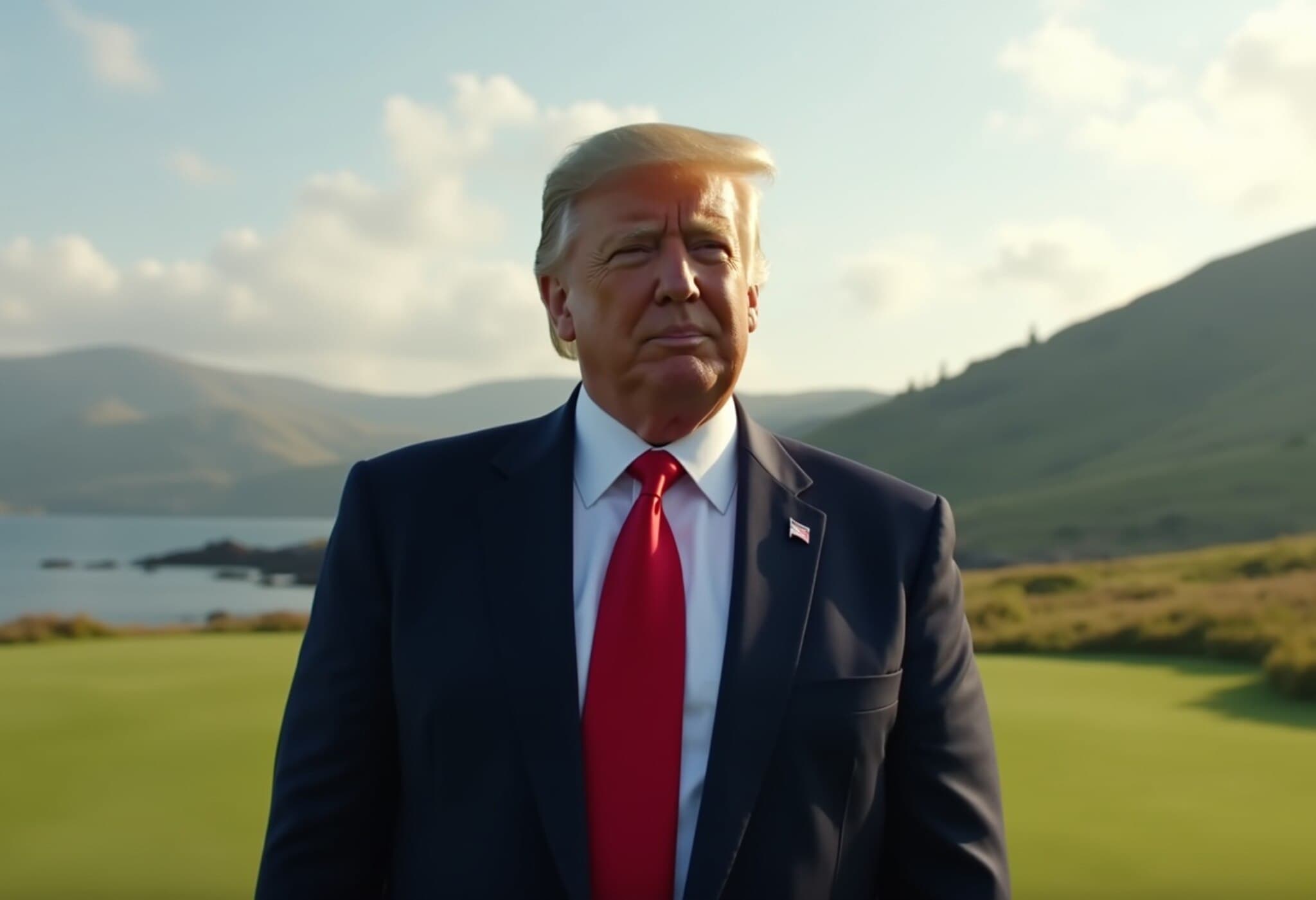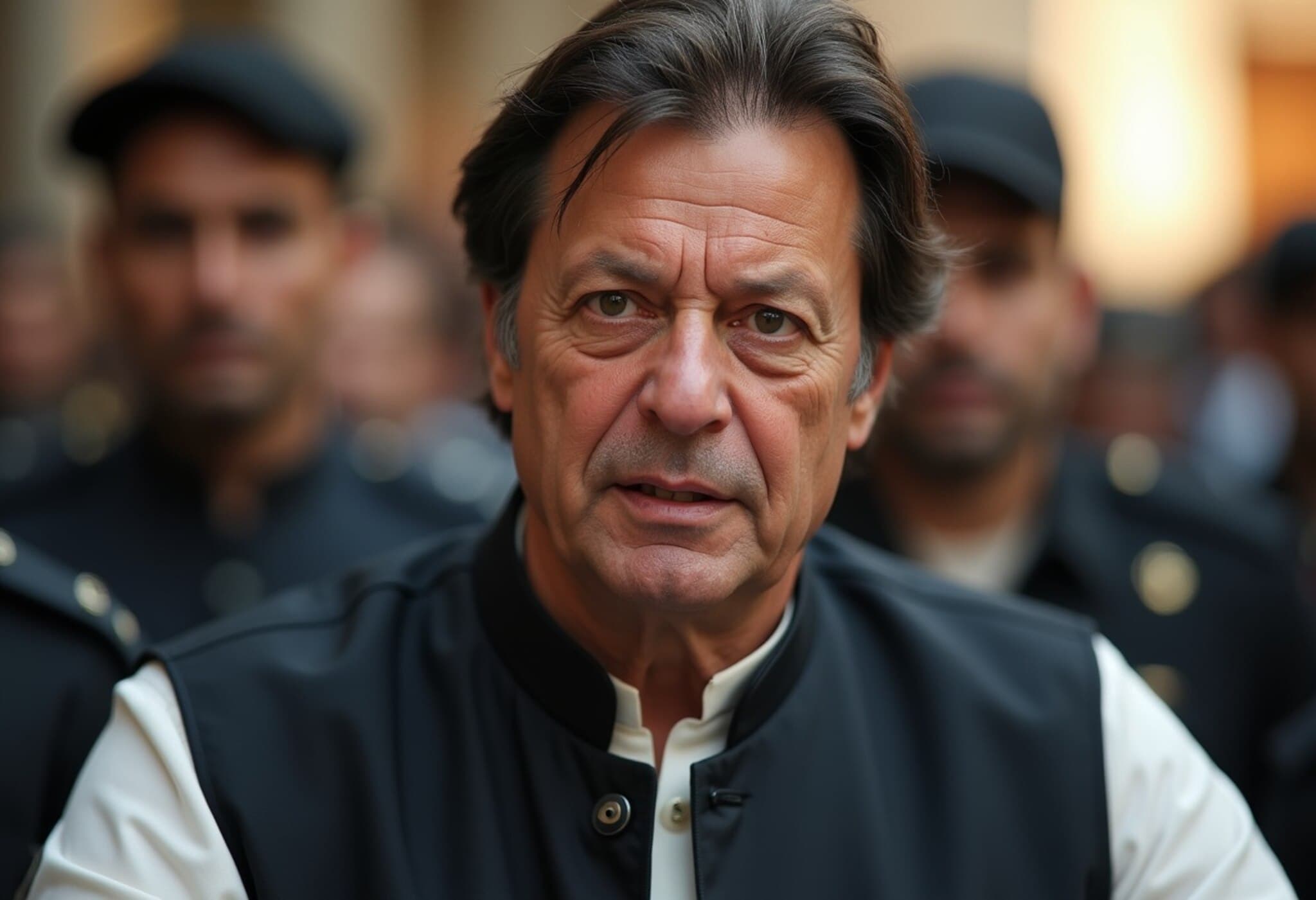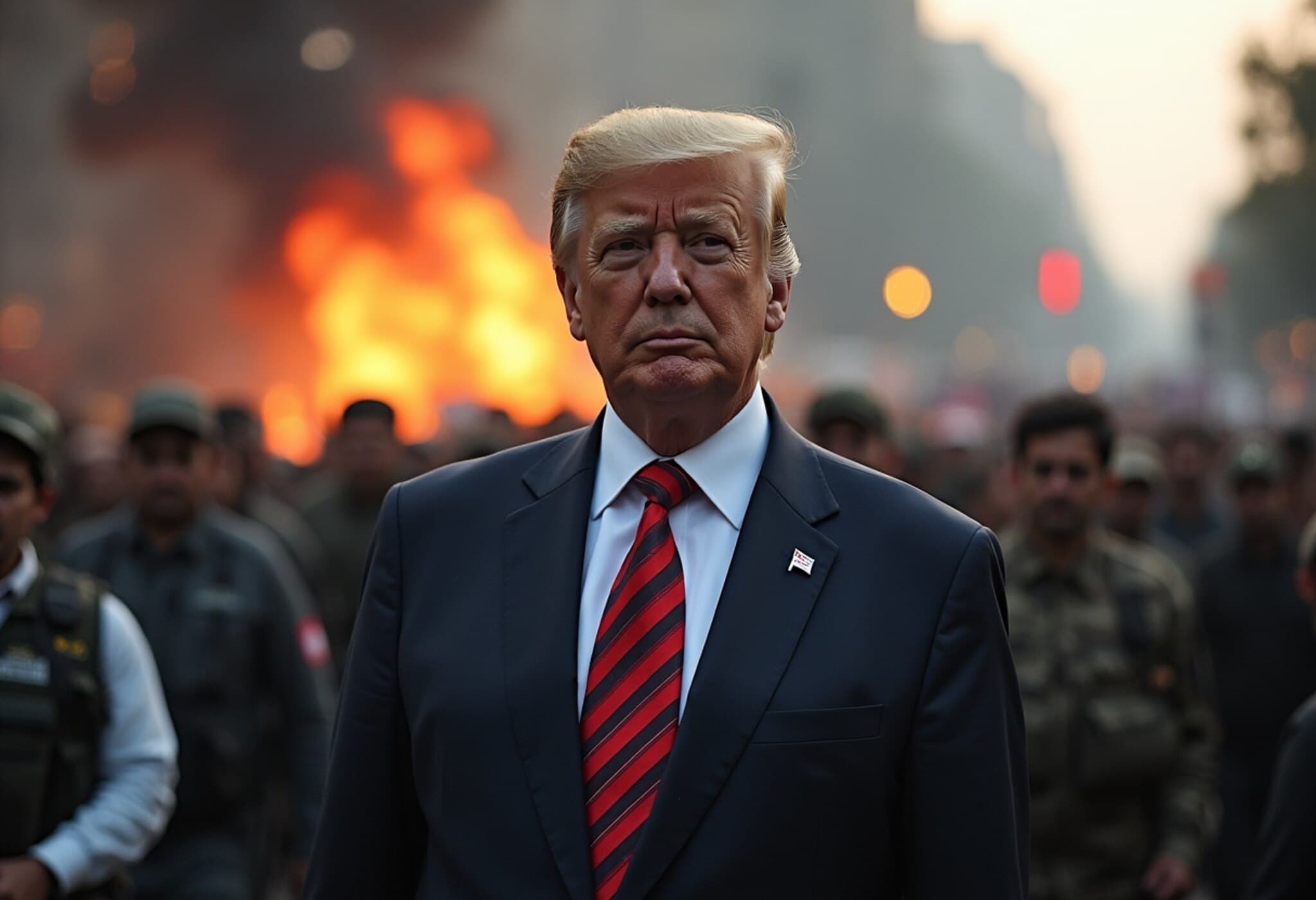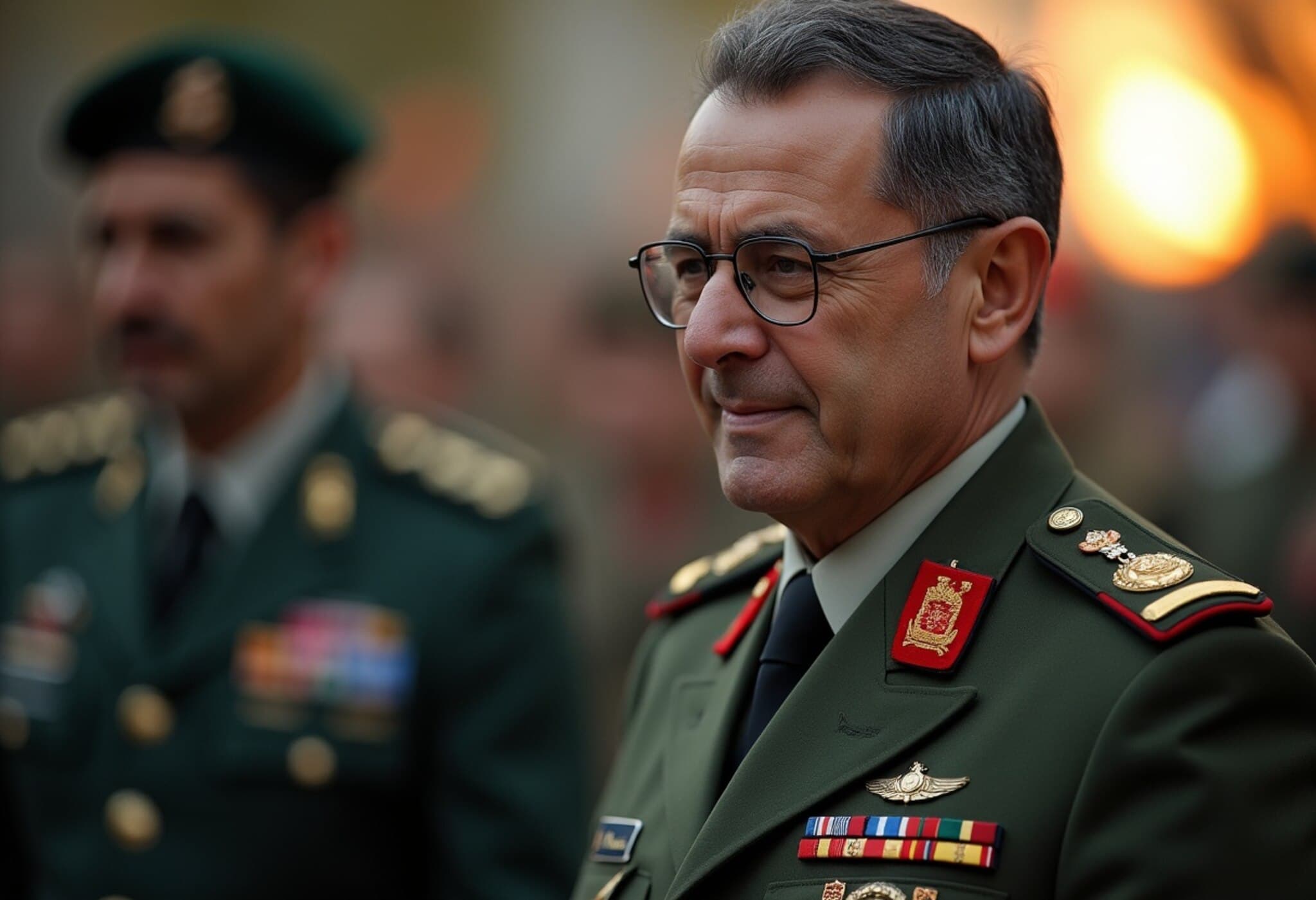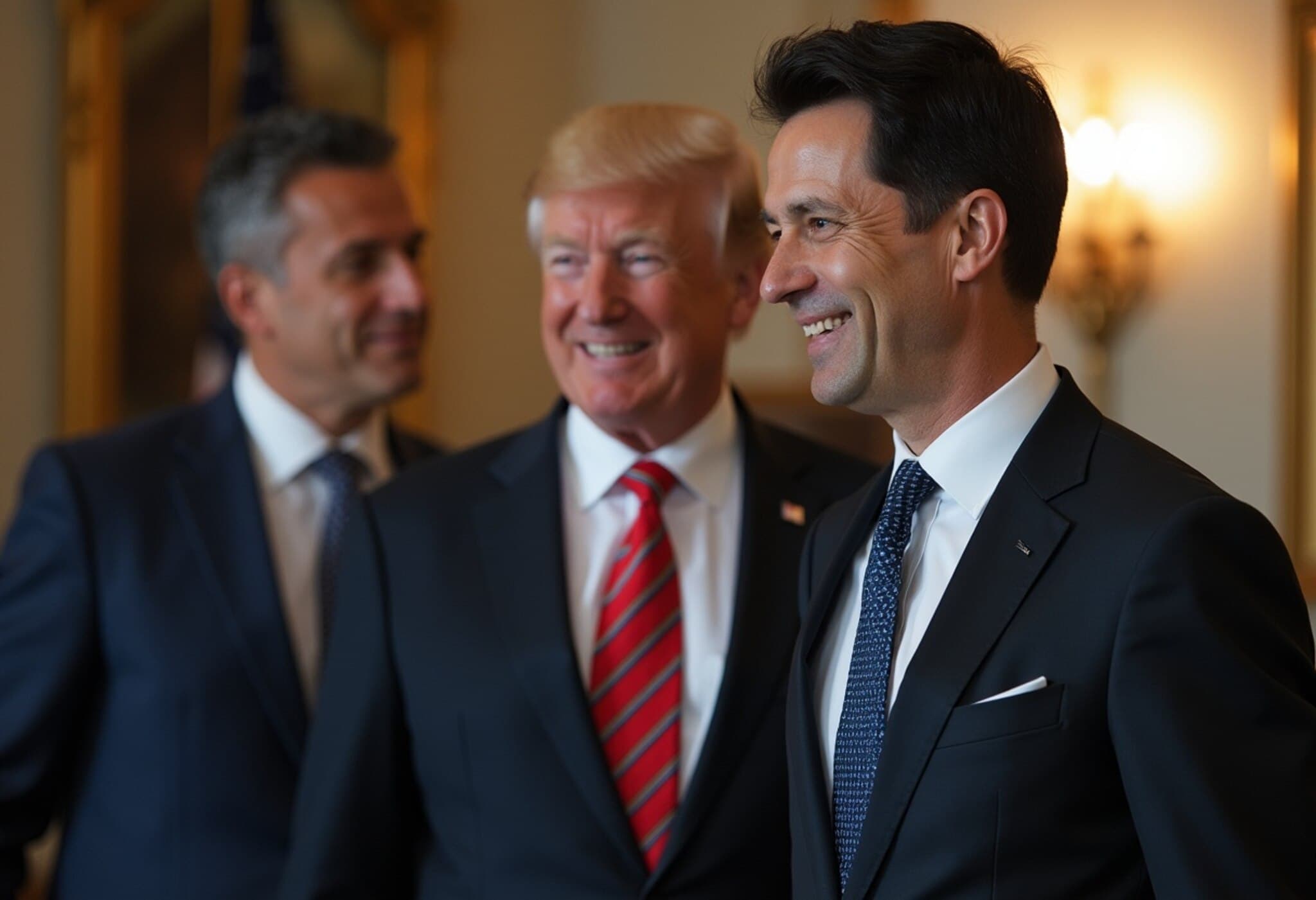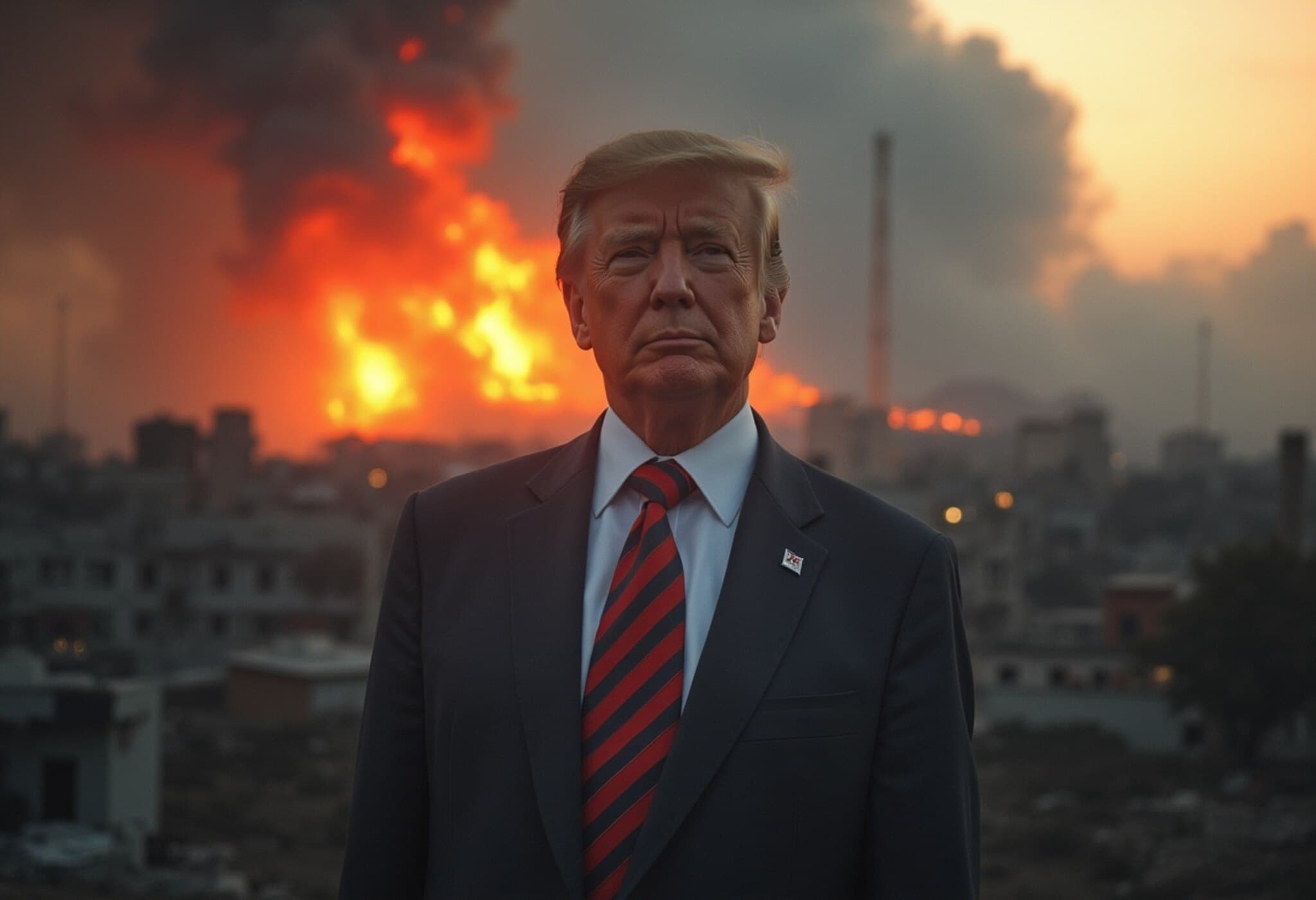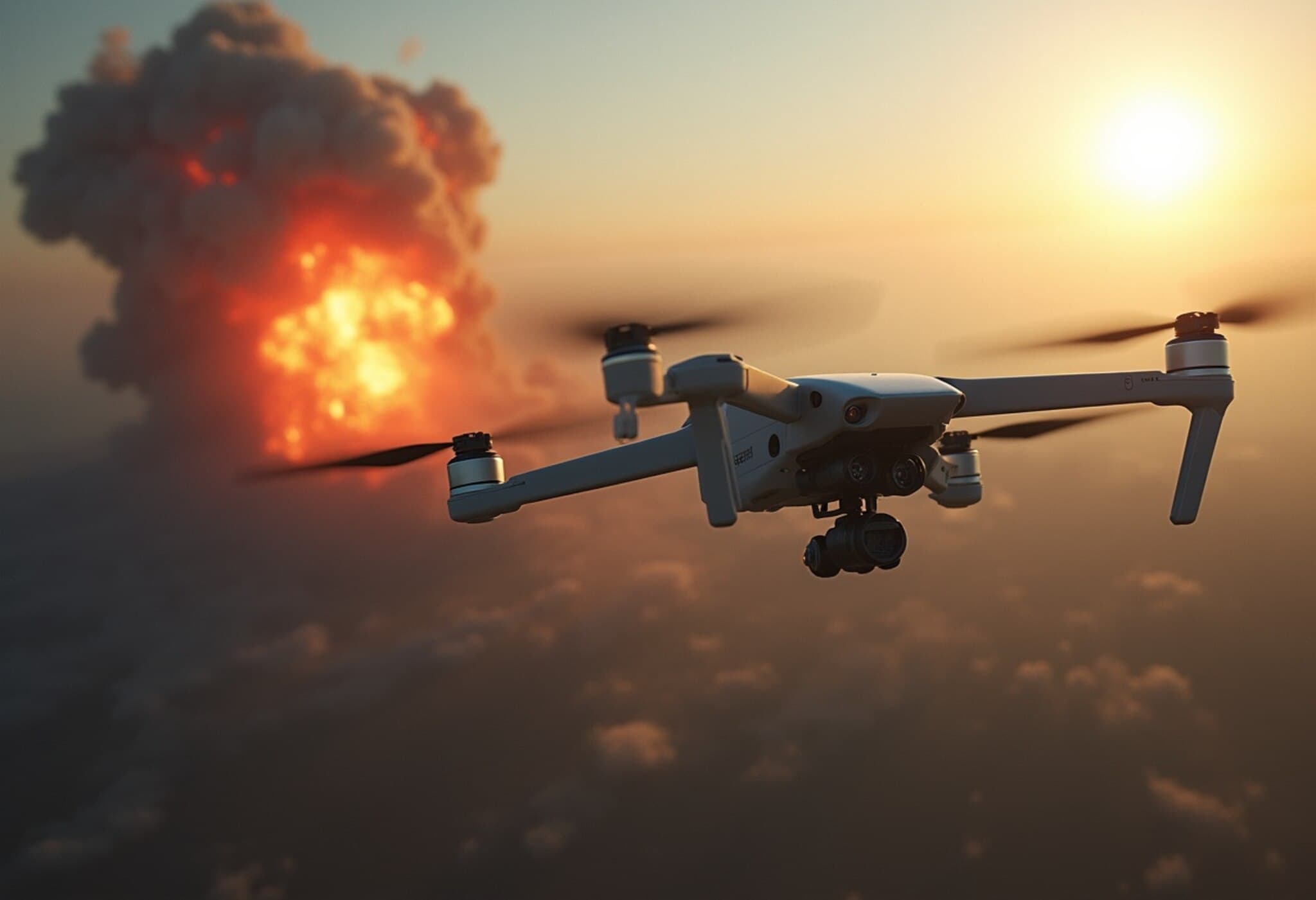Imran Khan’s Sons Turn to Donald Trump amid Father’s Detention
As political tensions escalate in Pakistan, Imran Khan’s sons, Qasim and Sulaiman Khan, have publicly appealed to former US President Donald Trump to intervene in securing their father’s freedom. The former Prime Minister and Pakistan Tehreek-e-Insaf (PTI) founder remains imprisoned on charges widely considered by his supporters as politically motivated.
Accusations of 'Trumped-Up Charges' and Visa Struggles
During a candid interview with British journalist Piers Morgan, the Khan brothers described the legal actions against their father as fabricated, emphasizing the political nature underlying his incarceration. They detailed their ongoing difficulties in obtaining visas to visit Pakistan — a journey fraught with warnings and concerns over potential arrest upon arrival.
“We have applied for visas multiple times and are still awaiting approval from Pakistan’s Ministry of Interior,” explained Qasim. Their aunt, Aleema Khan, further confirmed on social media that the visa applications were pending government approval, highlighting the bureaucratic obstacles impeding family reunification.
Why Donald Trump?
Qasim and Sulaiman underscored the unique bond between Imran Khan and Donald Trump, rooted in mutual respect and significant official conversations during their respective tenures. They voiced hope that Trump could leverage his influence to pressure Pakistani authorities for their father’s release.
“If anyone can make a difference, it’s Donald Trump,”
They also expressed eagerness to engage directly with Trump’s team, anticipating that his direct intervention could sway the faint glimmers of hope for Khan’s liberation.
The Broader Political Implications
Imran Khan’s detention has been a flashpoint in Pakistan’s volatile political landscape. Human rights advocates and international observers have flagged concerns about the impartiality of Pakistan’s judiciary and the rising clampdown on dissenting political voices.
The Khan family’s public outreach—especially to a figure like Trump—shines a spotlight on how international diplomacy can intersect with domestic political crises. It also raises pressing questions about the role of global leaders in mediating the fate of imprisoned political figures, echoing broader themes prevalent in South Asian geopolitics.
Underreported Narratives
- Human toll on political families: Beyond political maneuvering, the Khan sons’ struggle reflects the emotional and logistical strain families endure under political repression.
- US-Pakistan relations: This appeal highlights an underexamined facet of bilateral ties, suggesting that personal relationships between leaders may influence diplomatic interventions.
- Judicial independence in Pakistan: Khan’s case invites scrutiny on the extent to which Pakistan’s judiciary operates independently amid political pressures.
Looking Ahead
As Pakistan grapples with its internal divisions, the Khan sons’ request to Donald Trump could mark a pivotal moment. Will the international community respond emphatically to such calls? Or is this another chapter in a complicated saga where geopolitics and personal loyalties entwine?
Editor’s Note: The Khan family’s outreach to Donald Trump underscores the precarious position of political prisoners in Pakistan and the nuanced interplay of international diplomacy. Their story is a powerful reminder that behind headline-making politics lie real human lives seeking justice and reunion. It invites us to watch closely how global figures may influence domestic political outcomes in an increasingly interconnected world.

